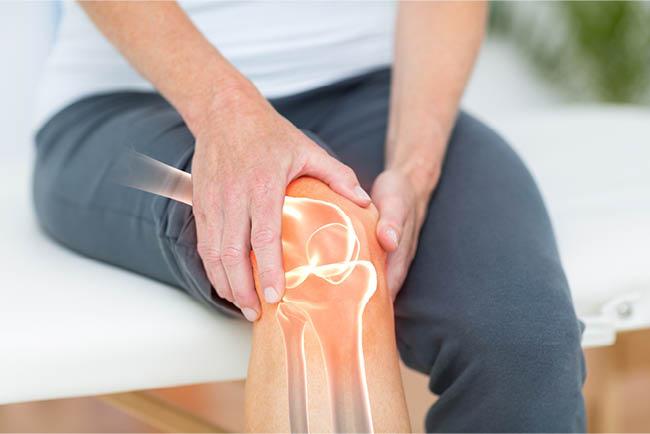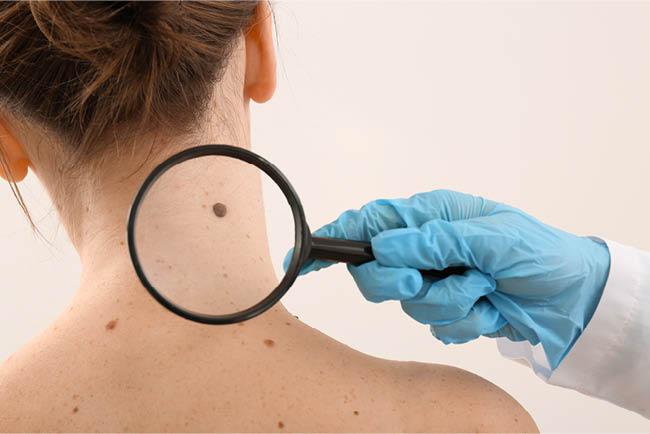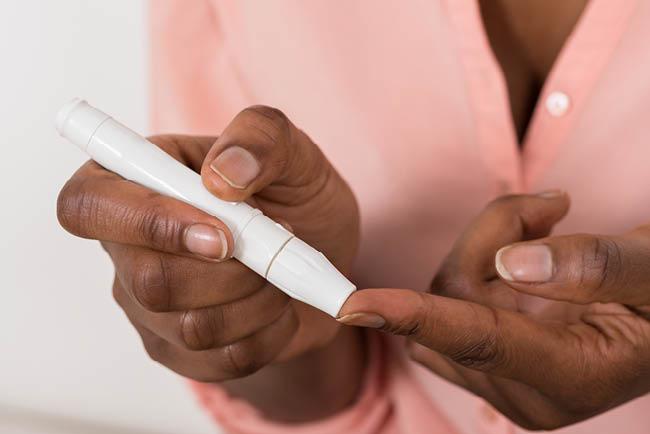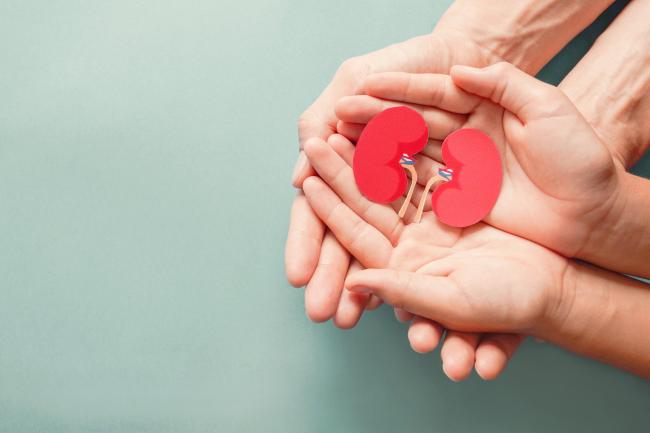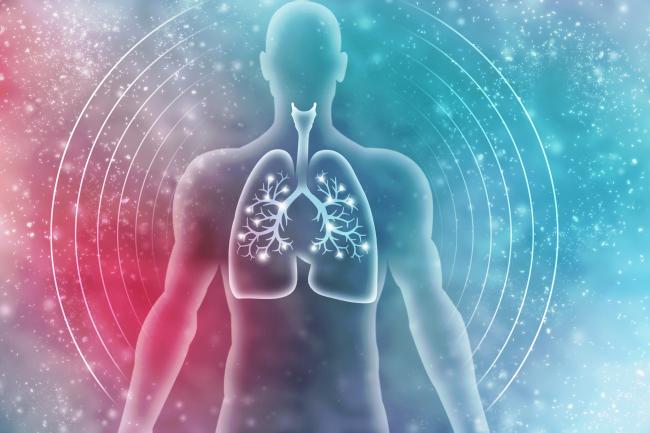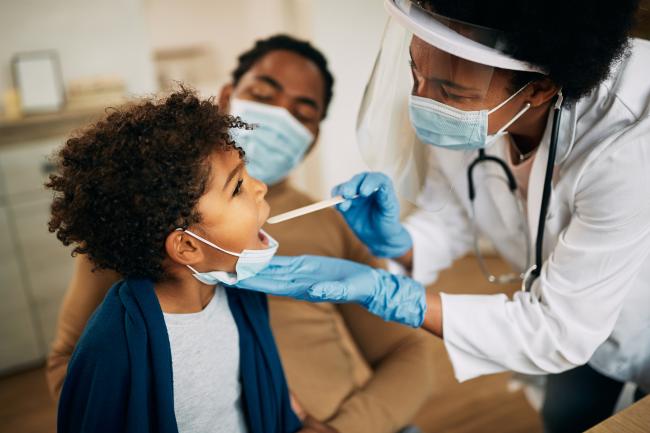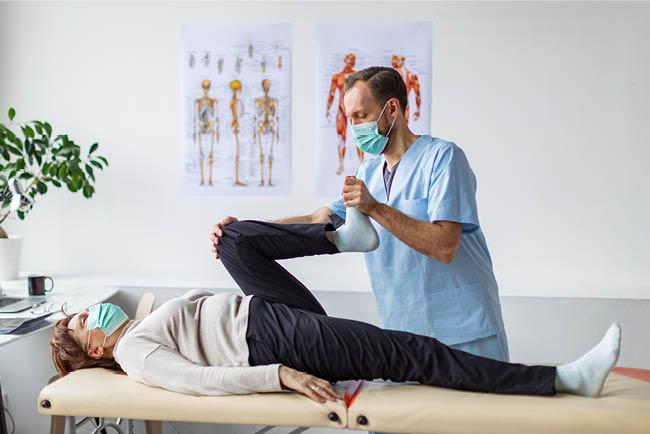Search Studies
Research studies are looking for volunteers just like you. Both healthy volunteers and participants with specific health conditions are needed to help answer important questions impacting the health of our friends and family. Join us to improve the health of others.
-
Assessing Responses to Exercise in the Heat in Trained Women
Official Title Assessing Responses to Exercise in the Heat in Trained WomenPurpose
The purpose of this research study is to conduct exercise in hot and neutral environments on women who are aerobically trained and resistance trained to characterize and compare responses across physiologic, perceptual, and neurocognitive domains. Our rationale for this investigation is that its completion would provide evidence as to how women of different fitness backgrounds respond to exercise in the heat and how that response is different from exercising in thermoneutral conditions to better describe how the female body tolerates exercise in the heat with implications for those in recreation, competitive sports, and occupation that expands to emergency and military services.
Could this study be right for you?
Aerobically Trained: having a measured aerobic capacity in the 80th percentile according to age
Resistance Trained: able to squat 120% and bench press 60% of their body weight.
Unacclimatized: participants had not been consistently exposed to hot conditions (i.e., sauna, hot yoga, etc.) in the past 2 months.
Age Range
18 - 35 -
Evaluating the Effectiveness of a Wearable Wrist Band in Reducing Symptoms of Nausea and Vomiting (WINNER Study)
Official Title Evaluating the effect of a WearIng a TENS-device in NausEa Relief (The WINNER Study)Purpose
The purpose of this study is to evaluate if this wearable device can help manage nausea in those who suffer from this problem chronically.
If you choose to participate, then you will be given the study device to wear on your wrist for 12 weeks. In the weeks before and during this time, you will complete a series of daily and weekly questionnaires about your nausea symptoms, mood, sleep, and bowel habits.
Could this study be right for you?
- Nausea going on for more than 2 months
- 18 years or older
- Able to understand English
- Seen at OSU for their care
- Able to complete surveys online using either smartphone or computer
Age Range
18 and up -
A Study About the Development of Learning in African-American/Black Children
Official Title Ontogenesis of Categorization; Linking development, mechanisms, and biologyPurpose
The purpose of this study is to investigate the early development of attention, learning, and memory during childhood. Participation in this study includes 4, 90-minute-long visits to the lab per year. During these visits, your child will play 2-3 fun, computerized games. These games are designed to assess various aspects of their cognitive ability.
The duration of the study will last 4 years.
Could this study be right for you?
Eligibility Criteria:
- African-American/Black children who are 4 years old
Age Range
4 - 4 -
A Study About Gene Therapy for Early Alzheimer’s Disease (AD) and Mild Cognitive Impairment (MCI)
Official Title A Phase I Study to Assess the Safety, Tolerability and Preliminary Efficacy of AAV2-BDNF [Adeno-Associated Virus (AAV)-based, Vector-Mediated Delivery of Human Brain Derived Neurotrophic Factor] in Subjects with Early Alzheimer’s Disease and Mild Cognitive ImpairmentPurpose
The primary aim of this study is to determine whether administration of the nervous system growth factor "Brain-Deruved Neurotrophic Factor" (BDNF) to eligible patients with Alzheimer's disease and Mild Cognitive Impairment is safe and tolerable. This study will be used to determine whether BDNF administration reduces neuronal loss and rebuilds synapses in the brain of patients with Alzheimer's Disease (AD) and Mild Cognitive Impairment (MCI).
Could this study be right for you?
- Male and Females aged 50 years or older
- Diagnosis of dementia due to Alzheimer's Disease/Diagnosis of Mild Cognitive Impairment (MCI) due to Alzheimer’s Disease
- A caregiver is available who has frequent contact with the subject, agrees to observe for adverse events, and will accompany the subject to all clinic visits for the duration of the protocol
- CT or MRI scans within 24 months prior to screening without evidence of an infection, infarction, or other focal
Inclusion Criteria varies, please contact Study Coordinator for more information.
The below Exclusion Criteria apply to both the AD and MCI groups.
- Any significant neurological disease other than suspected incipient disease
- History of schizophrenia
- History of systemic cancer within the past 18 months (non-metastatic skin cancers are acceptable).
- Any significant systemic illness or unstable medical conditions which could lead to difficulty complying with the protocol
- Use of any investigational drugs within thirty days or five half-lives, whichever is longer, prior to screening.
Exclusion Criteria varies, please contact Study Coordinator for more information.
Age Range
50 and up -
Young Women’s Health Study
Official Title An Intervention Study about Primary Care Algorithms for Early Identification of Young Women with von Willebrand DiseasePurpose
Researchers at Nationwide Children’s Hospital are seeking volunteers to be a part of a study looking at how to best screen for bleeding disorders in young women.
Participants will be asked to complete questionnaires. If their survey answers suggest they have heavy menses or abnormal bleeding, they will also be asked to have a blood draw on the same day.
Could this study be right for you?
- Are 9 to 21 years old
- Have had your first menstrual cycle
Age Range
9 - 21 -
A Study to Examine if a Foot Stool can Make it Easier for People with Constipation to have a Bowel Movement (FASED Study)
Official Title FASED (Footstool in Alleviating Symptoms of Evacuation Disorder)Purpose
The purpose of this research study is to see if using a footstool can make it easier to have bowel movements in patients who suffer from chronic constipation. The participants will be given a free footstool to use. They will be asked to keep a record of their bowel symptoms and answer some surveys about their symptoms on a phone or computer.
You will be in the study for approximately 12 weeks. This includes 2 weeks before you start using the footstool, followed by 8 weeks where you will be using the footstool and up to 2 weeks to complete your initial and final surveys.
Could this study be right for you?
- At least 18 years old
- Able to understand English
- Symptoms such as feeling incompletely empty after a bowel movement, needing to strain a lot when having a bowel movement or needing to use maneuvers such as rocking one's body back and forth or using their finger to remove stool.
Age Range
18 - 99 -
Mentoring to be Active: Peer Mentoring for Rural Appalachian Children to Reduce Overweight and Obesity
Official Title Mentoring to be Active: Peer Mentoring for Rural Appalachian Children to Reduce Overweight and ObesityPurpose
The purpose of this study is to lower the rate of type 2 diabetes in rural Appalachia youth due to obesity and/or being overweight. Our long-term goal is to improve the health of underserved, high-risk youth.
This study will test the effectiveness of the Mentored Planning to be Active + Family on physical activity outcomes and health outcomes among rural Appalachian middle school aged youth suffering from either overweight or obesity.
We have local high school-aged teen mentors work closely with middle school youth to increase social support, self-efficacy, and self-regulation skills to sustain physical activity and improve health before the children enter high school.
The peer mentoring is followed by a 6-month family reinforcement program.
Some parents will provide child assessment data of perceived child physical activity behaviors and child health.
Could this study be right for you?
- Child has access to a computer or tablet device at home for virtual mentoring sessions/meetings
- Child suffers from overweight or obesity - does not need to be under the care of a health care professional for this condition
- Child and Parent able to participate read English at a 4th grade level.
- Family not expected to move from rural Appalachia within the 18 months.
Age Range
12 - 13 -
A Distracted Driving Study for iPhone and Android Phone Users-- Ages 18 - 20
Official Title Distracted Driving Study--A phone app to reduce cell phone usage among young driversPurpose
This is a study is being done to find out if a phone app reduces calling and texting while driving among young drivers.
Could this study be right for you?
- 18-20 years old
- Use an iPhone or Android smartphone
- Have a full driver’s license that allows unsupervised driving at all times
- Have a car that they are exclusive access to (primary driver, do not share the car)
- Car is insured for liability during crashes
- Driver uses the car more than 2 days a week on average
- Are a US citizen
Age Range
18 and up -
A Prospective, Multi-center, Randomized Controlled Blinded Trial Demonstrating the Safety and Effectiveness of VNS Therapy® System as Adjunctive Therapy Versus a No Stimulation Control in Subjects With Treatment-Resistant Depression (RECOVER)
Official Title A Prospective, Multi-center, Randomized Controlled Blinded Trial Demonstrating the Safety and Effectiveness of VNS Therapy® System as Adjunctive Therapy Versus a No Stimulation Control in Subjects With Treatment-Resistant Depression (RECOVER)Purpose
The purpose of this study is to examine whether active VNS Therapy treatment is superior to a no stimulation control in producing a reduction in baseline depressive symptom severity, based on multiple depression scale assessment tools at 12 months from randomization. The duration of the study will consist over a 5 year period. You will visit the study site approximately 23 times after your implant surgery.
Could this study be right for you?
- Aged 18 years or older
- Must be in a major depressive episode (MDD or bipolar disorder) for ≥ two years or have at least had four episodes of depression including the current episode
- Patients depressive illness meets a minimum criteria of four prior failed treatments of adequate dose and duration
Age Range
18 and up -
A Registry for Those with Hypophosphatasia (HPP)
Official Title AN OBSERVATIONAL, LONGITUDINAL, PROSPECTIVE, LONG-TERM REGISTRY OF PATIENTS WITH HYPOPHOSPHATASIAPurpose
The purpose of this registry is to collect information about Hypophosphatasia (HPP), a rare bone disorder characterized by the abnormal development of bones and teeth. This long-term registry will collect and store patient medical information, and other related information to use in medical research. The registry may help researchers better understand the condition and learn more about patients who have HPP. In the future, this data may help other people with HPP.
Could this study be right for you?
- 18 years of age or older
- Been diagnosed with Hypophosphatasia (HPP) - a rare genetic disorder characterized by the abnormal development of bones and teeth.
- Not participating in another Alexion-sponsored clinical trial
Age Range
18 and up -
A Study about Fitness, Aging, and Stress in People with Traumatic Brain Injury
Official Title Fitness, Aging, Stress & TBI Exposure Repository (FASTER)Purpose
The purpose of this study is to examine how individual differences in health changes (muscle strength, blood pressure) and behavioral changes (sleep, physical activity) impact memory, attention, and the brain. We study these relationships among a variety of older adults, including those with a history of concussion, traumatic brain injury (TBI), and posttraumatic stress disorder (PTSD). The long-term goal of this project is to identify modifiable factors that exacerbate or protect from age-related cognitive decline.
Could this study be right for you?
Eligibility Criteria:
- Aged 18 years and older
- Speak English
- History of concussion, traumatic brain injury, and/or posttraumatic stress disorder
- Must have primary care physician
Age Range
18 and up -
A Study About Recovery After ACL Reconstruction (RARE)
Official Title Disability after ACL Reconstruction: Development of an Alternative Model of CarePurpose
The anterior cruciate ligament (ACL) in your knee can be injured and treated with an ACL reconstruction surgery. An ACL reconstruction may impact function, muscle strength, the way you move, and knee joint health. However, outcomes at 2 years after ACL reconstructions in young persons are not well-understood. Findings from this study will provide information regarding the clinical, function, muscle strength, and movement patterns after ACL injury and reconstruction to help inform physicians and physical therapists who work with these patients.
Could this study be right for you?
You may be eligible if:
- You are between the ages of 16-35 years old
- 2 years (+/- 8 months) status post ACL Reconstruction
- Regularly participated in physical activity prior to their ACL injury
Age Range
16 and up


